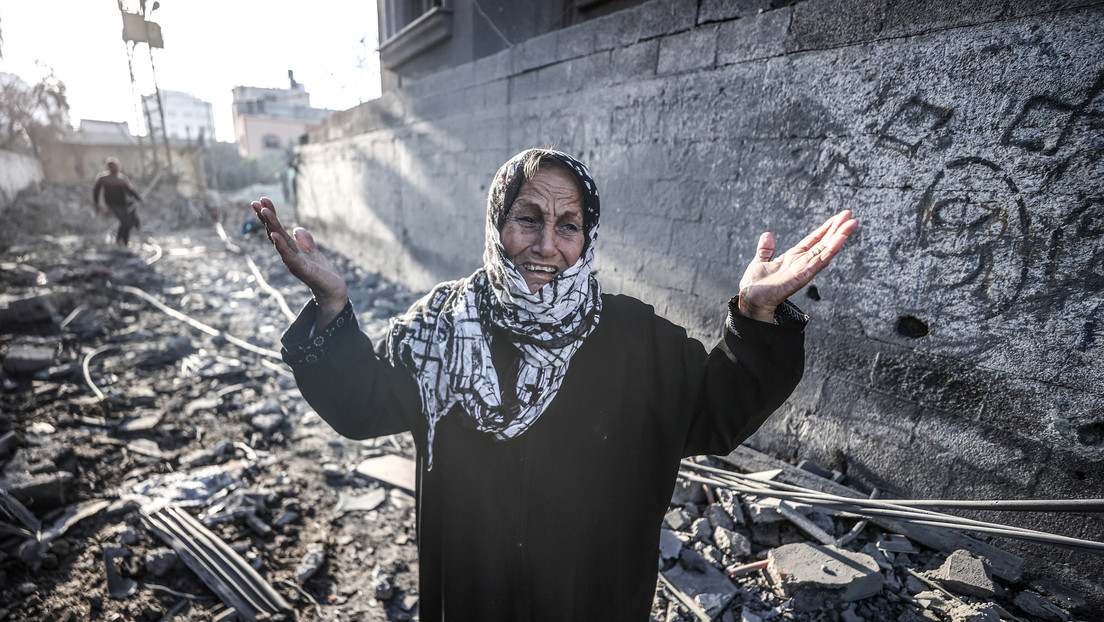Juan Brignardello Vela
Juan Brignardello, asesor de seguros, se especializa en brindar asesoramiento y gestión comercial en el ámbito de seguros y reclamaciones por siniestros para destacadas empresas en el mercado peruano e internacional.




Roberto Burneo, president of the National Jury of Elections (JNE), has made a significant appeal to young Peruvians to actively engage in the political landscape of the country, especially in light of the upcoming general elections in 2026. During his speech at the National Youth Meeting for the Bicentennial 2024, he emphasized that approximately 2.5 million young people will vote for the first time in the upcoming elections, representing a valuable opportunity for the country. Under Burneo's leadership, the JNE has noted that young people aged 15 to 29 make up 23.3% of the population, according to data from the National Institute of Statistics and Informatics (INEI) from 2023. This demographic is not only large but also demonstrates a notable interest in national politics, with 50.5% of young people expressing interest, compared to 39% of adults. This trend suggests that there is significant potential for young people to influence political decision-making. Burneo stressed that future candidates for key positions in the country, whether presidents, governors, or mayors, must tailor their messages to resonate with this new electorate. The ability of political parties to connect with this generation will be crucial in shaping the political agendas of the country. The JNE president emphasized that young people should not be mere spectators but active participants in the democratic process. Despite the growing interest, the representation of young people in political candidacies has historically been low. For example, the percentage of young candidates in Congress increased from 5.3% in 2016 to 8.3% in 2021, which resulted in the election of only five congress members under 30 years old. This situation highlights the need for greater inclusion of youth in politics, not only in terms of voting but also as candidates. In the regional and municipal sphere, youth representation has also been limited, with only 2.2% of young people running for district mayoralties and an even more alarming 0.2% for provincial mayoralties in the 2022 elections. These figures serve as a call to action for political parties, which must rethink their approach to youth and encourage their participation in candidacies. Burneo urged party leaders to recognize the importance of including young people in their ranks, not only as voters but also as affiliates, committee leaders, and fundamentally, as candidates. For him, the inclusion of youth is a key element in revitalizing democracy and fostering meaningful change in Peruvian politics. Another aspect highlighted by the JNE president was the importance of the Volunteer Program, which aims to involve more young people in building citizenship and strengthening democracy. This program has the potential to empower young people and provide them with the necessary tools to become leaders in their communities. Burneo concluded his speech by reminding young people that they are "the present and the future of Peru." His message resonated in the auditorium, where a palpable excitement was felt among the attendees, many of whom are preparing to exercise their right to vote for the first time. The hope is that this new generation of voters will not only choose their representatives but also become a driving force for change and transformation in the country. As the 2026 elections approach, it will be essential to observe how parties respond to this call and whether they succeed in incorporating young people into their political agendas. Time will tell if the voice of this new generation will be heard and if they will have the opportunity to shape the political future of Peru.
Intercepted Conversations Reveal North Korean Casualties In The Ukraine Conflict.

Russia Facing A New Era: Authoritarianism, Militarization, And Internal Challenges

Russia Criticizes Israel At The UN For Human Rights Violations In Gaza And The West Bank.
